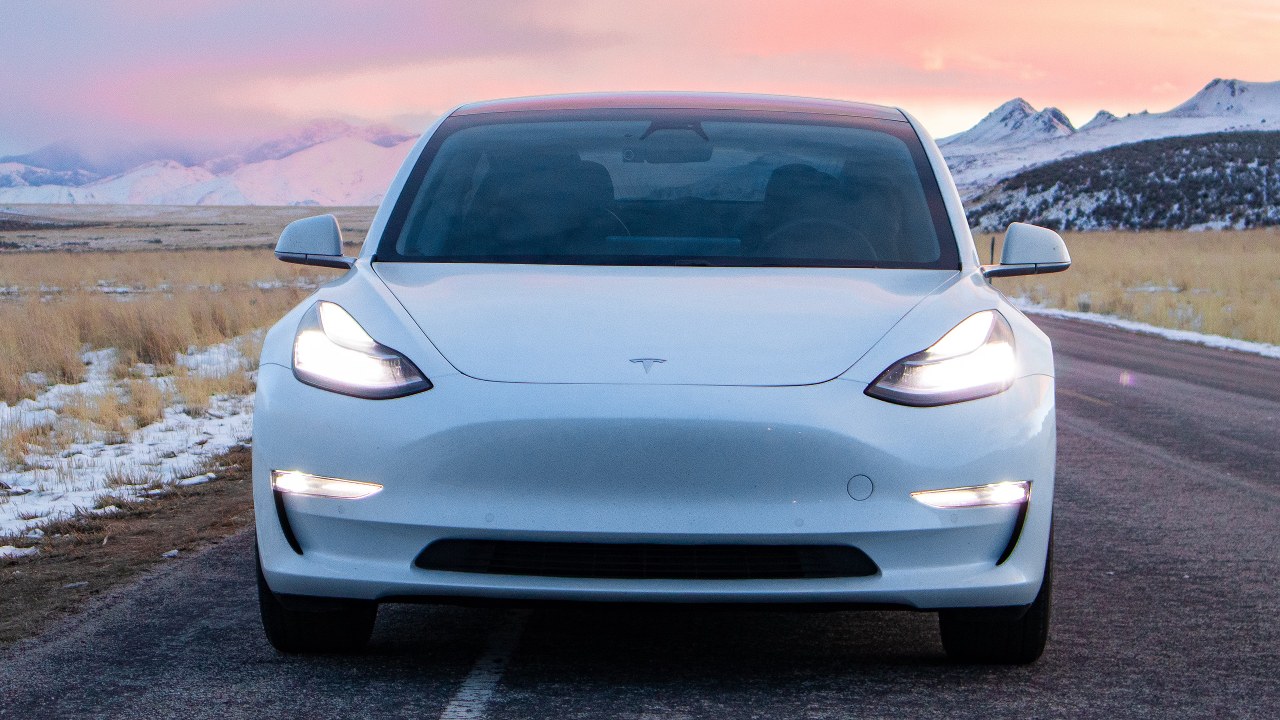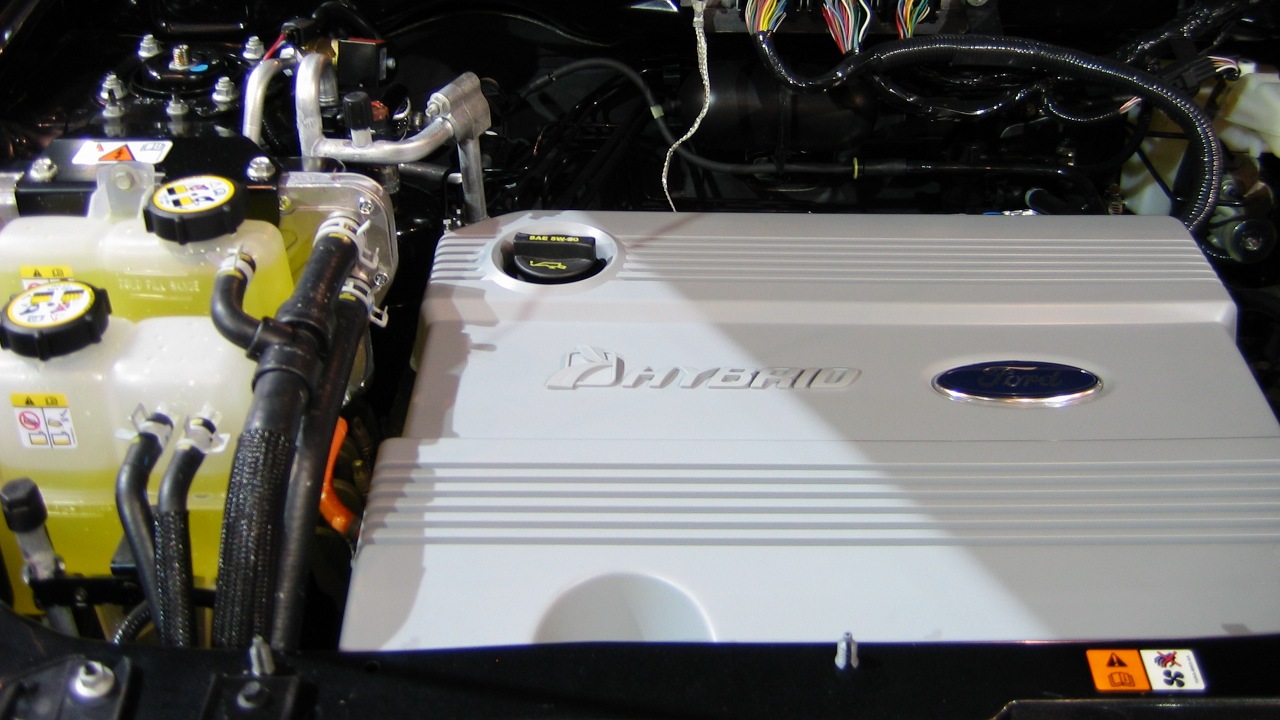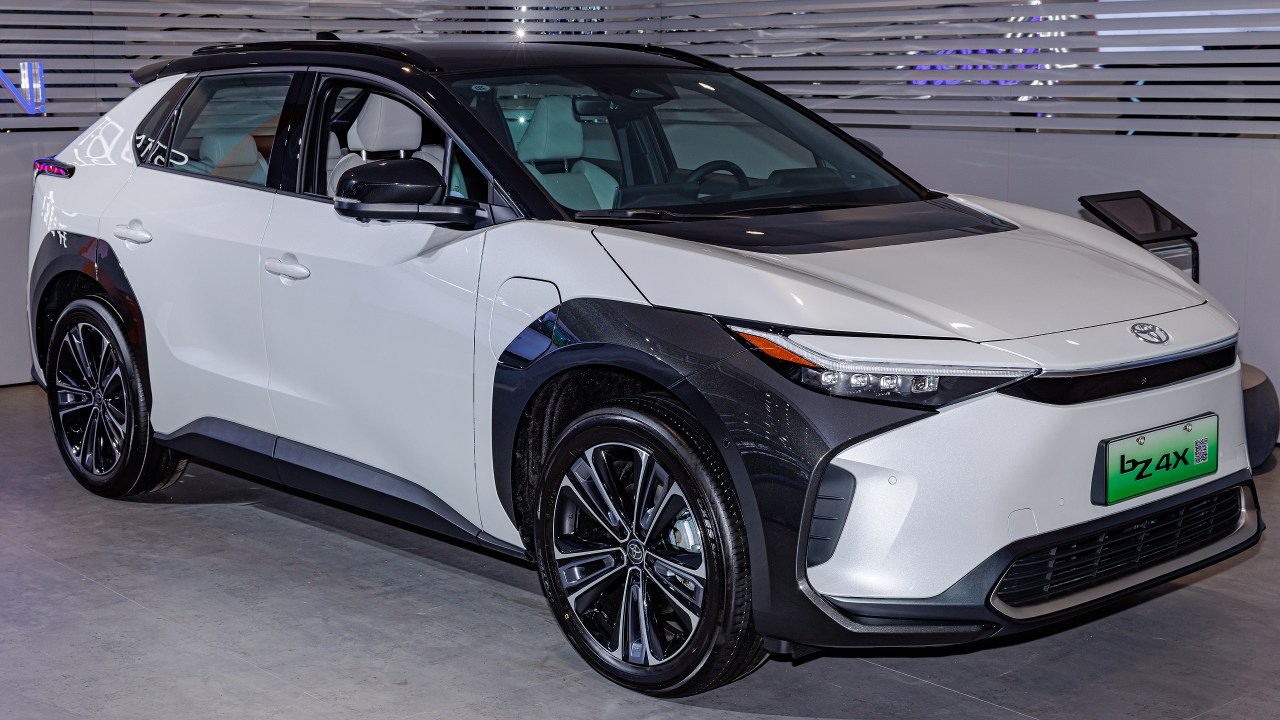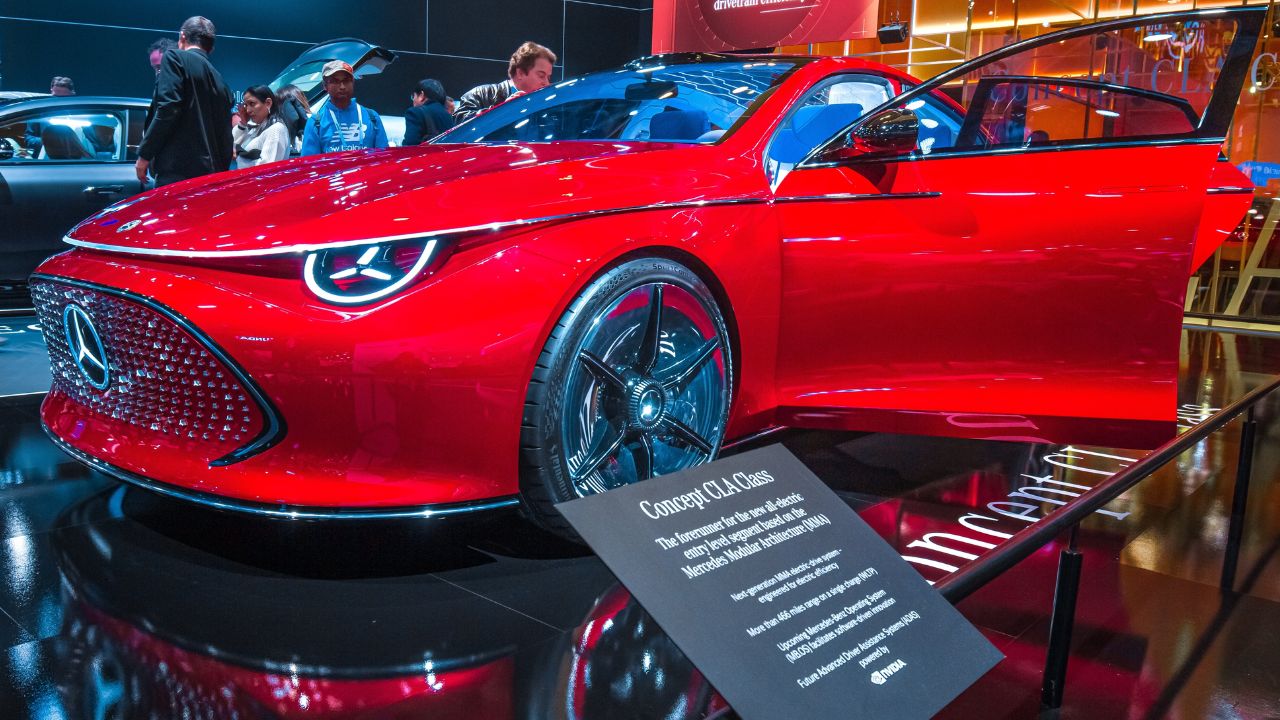As the world shifts towards more sustainable energy solutions, hybrid technology has emerged as a groundbreaking development, promising to deliver both enhanced power and improved efficiency. Hybrid systems are transforming various industries by combining multiple power sources to achieve optimal performance. From automotive to renewable energy sectors, hybrid systems are paving the way for a more energy-efficient future.
The Evolution of Hybrid Technology

Historical Context and Development
The roots of hybrid technology trace back to the late 20th century, when engineers and scientists first began exploring the possibilities of combining different energy sources to optimize performance and reduce environmental impact. The Toyota Prius, launched in 1997, is often credited as a pivotal milestone that brought hybrid technology to the mainstream automotive market. Over the years, the evolution of hybrid systems has been marked by significant advancements, including the development of plug-in hybrids and the integration of sophisticated energy management systems.
Key milestones, such as the introduction of lithium-ion batteries and the development of energy-efficient electric motors, have further propelled the adoption of hybrid technologies. These innovations have not only improved the performance of hybrid systems but have also set the stage for their application across various sectors beyond automotive, including public transportation and industrial machinery.
Technological Advancements
Recent years have seen remarkable innovations in battery technology, particularly concerning energy density and charging speeds. Companies like Tesla and Panasonic have been at the forefront of developing cutting-edge battery solutions that enhance the efficiency and longevity of hybrid systems. Additionally, advancements in software and artificial intelligence have played a crucial role in optimizing hybrid performance. AI-driven energy management systems can seamlessly switch between power sources, ensuring that hybrid systems operate at peak efficiency under varying conditions.
Software advancements have also facilitated the integration of hybrid systems with the Internet of Things (IoT), allowing for real-time monitoring and predictive maintenance. This connectivity ensures that hybrid systems remain efficient and reliable, predicting potential failures before they impact performance.
Hybrid Tech in the Automotive Industry

Increased Fuel Efficiency
Hybrid vehicles are renowned for their superior fuel economy compared to traditional combustion engines. By combining an internal combustion engine with an electric motor, hybrids can achieve significantly better mileage. The Toyota Prius, for example, can reach up to 56 miles per gallon, largely due to its ability to operate on electric power alone during low-speed driving and its efficient regenerative braking system.
Regenerative braking is a key component of hybrid technology that captures and stores energy otherwise lost during braking. This energy is then used to recharge the vehicle’s battery, further enhancing fuel efficiency and reducing the vehicle’s overall carbon footprint.
Enhanced Performance
Hybrid systems are not just about efficiency; they also enhance vehicle performance by providing additional power and torque. The electric motor in a hybrid vehicle can deliver immediate torque, improving acceleration and driving dynamics. For instance, the Honda Accord Hybrid combines a 2.0-liter Atkinson-cycle engine with an electric motor to deliver a combined 212 horsepower, offering a responsive and smooth driving experience.
Moreover, hybrid technology has revolutionized vehicle performance by enabling features like electric-only driving modes and seamless transition between power sources. These enhancements have made hybrids a popular choice for consumers seeking both performance and sustainability.
Hybrid Systems in Renewable Energy

Integration with Solar and Wind Energy
In the renewable energy sector, hybrid systems play a critical role in optimizing the use of solar and wind resources. By integrating battery storage with renewable energy sources, hybrid systems can store excess energy generated during peak production periods and distribute it when demand is high. For example, Tesla’s Powerwall and Powerpack solutions are being used in conjunction with solar panels to create self-sustaining energy systems for homes and businesses.
Several successful hybrid renewable energy projects demonstrate the potential of these systems. In Australia, the Hornsdale Power Reserve, which combines wind power with a massive battery storage system, has significantly improved grid stability and reduced energy costs for consumers.
Reliability and Grid Stability
Hybrid systems contribute to a more reliable and stable energy grid by providing consistent power supply even during fluctuations in renewable energy generation. They can rapidly respond to changes in energy demand, ensuring a steady supply of electricity to the grid. During peak demand periods, hybrid systems can discharge stored energy to mitigate the risk of blackouts and reduce reliance on fossil fuel-based power plants.
Additionally, hybrid technology supports the integration of distributed energy resources, allowing for more decentralized and resilient energy networks. This decentralization is crucial for enhancing grid stability and ensuring uninterrupted energy supply in the face of natural disasters or other disruptions.
Challenges and Opportunities

Technical and Economic Challenges
Despite their numerous benefits, hybrid technologies face several barriers to widespread adoption. High initial costs and complexity of hybrid systems are significant challenges that need to be addressed. Developing affordable and efficient hybrid technologies requires substantial investment in research and development, which can be a deterrent for many companies.
Moreover, technical challenges such as battery degradation, energy conversion losses, and the need for advanced control systems must be overcome to optimize hybrid systems. Ongoing research is focused on finding solutions to these issues, including the development of new materials and improved energy management algorithms.
Future Opportunities
The future of hybrid technology is promising, with emerging trends and potential applications across various sectors. In aviation, for instance, hybrid propulsion systems are being explored to reduce fuel consumption and emissions. Similarly, hybrid marine engines are being developed to improve the efficiency of shipping and reduce its environmental impact.
Scaling hybrid systems globally offers significant environmental and economic benefits. By reducing reliance on fossil fuels and minimizing greenhouse gas emissions, hybrid technology can play a vital role in combating climate change. Additionally, the widespread adoption of hybrid systems could drive economic growth by creating new markets and job opportunities in clean energy industries.
The Future of Hybrid Technology

Next-Gen Innovations
As hybrid technology continues to evolve, next-generation innovations are poised to further enhance its efficiency and applicability. Advances in materials science, such as the development of solid-state batteries, promise to improve energy storage capacity and safety. These advancements, along with innovative design concepts, will enable the creation of more compact, lightweight, and efficient hybrid systems.
The potential for hybrid technology to revolutionize industries beyond automotive and energy is immense. For example, hybrid systems could be applied in agriculture to power machinery more sustainably or in construction to reduce the carbon footprint of building projects.
Role in Sustainable Development
Hybrid technology aligns with global sustainability goals and climate change mitigation efforts by providing cleaner and more efficient energy solutions. As nations strive to meet targets set by international agreements like the Paris Accord, hybrid systems offer a viable pathway to achieving these objectives.
The role of hybrid systems in a greener, more efficient future is undeniable. By continuing to innovate and overcome existing challenges, hybrid technology can contribute significantly to creating a sustainable and prosperous world for future generations.
Like Fast Lane Only’s content? Be sure to follow us.
Here’s more from us:
*Created with AI assistance and editor review.







Leave a Reply